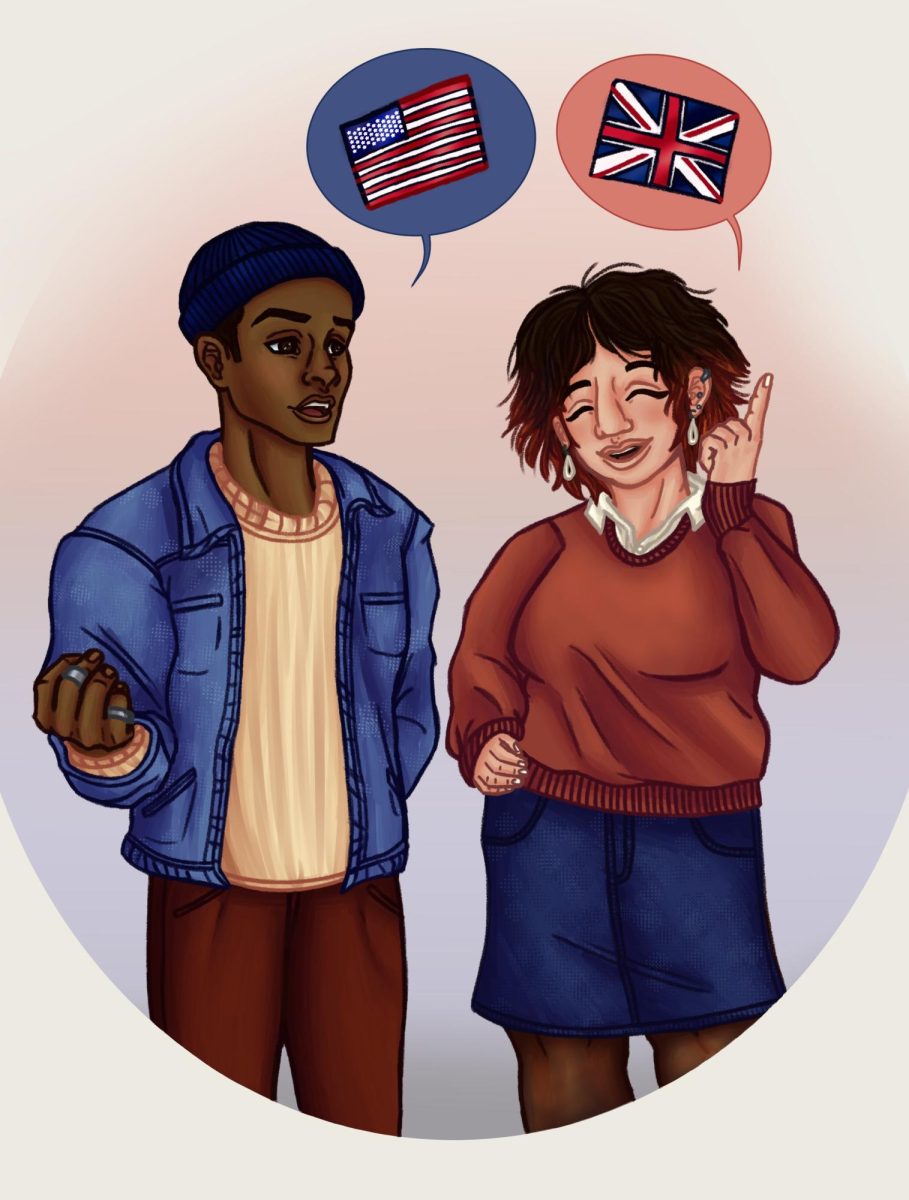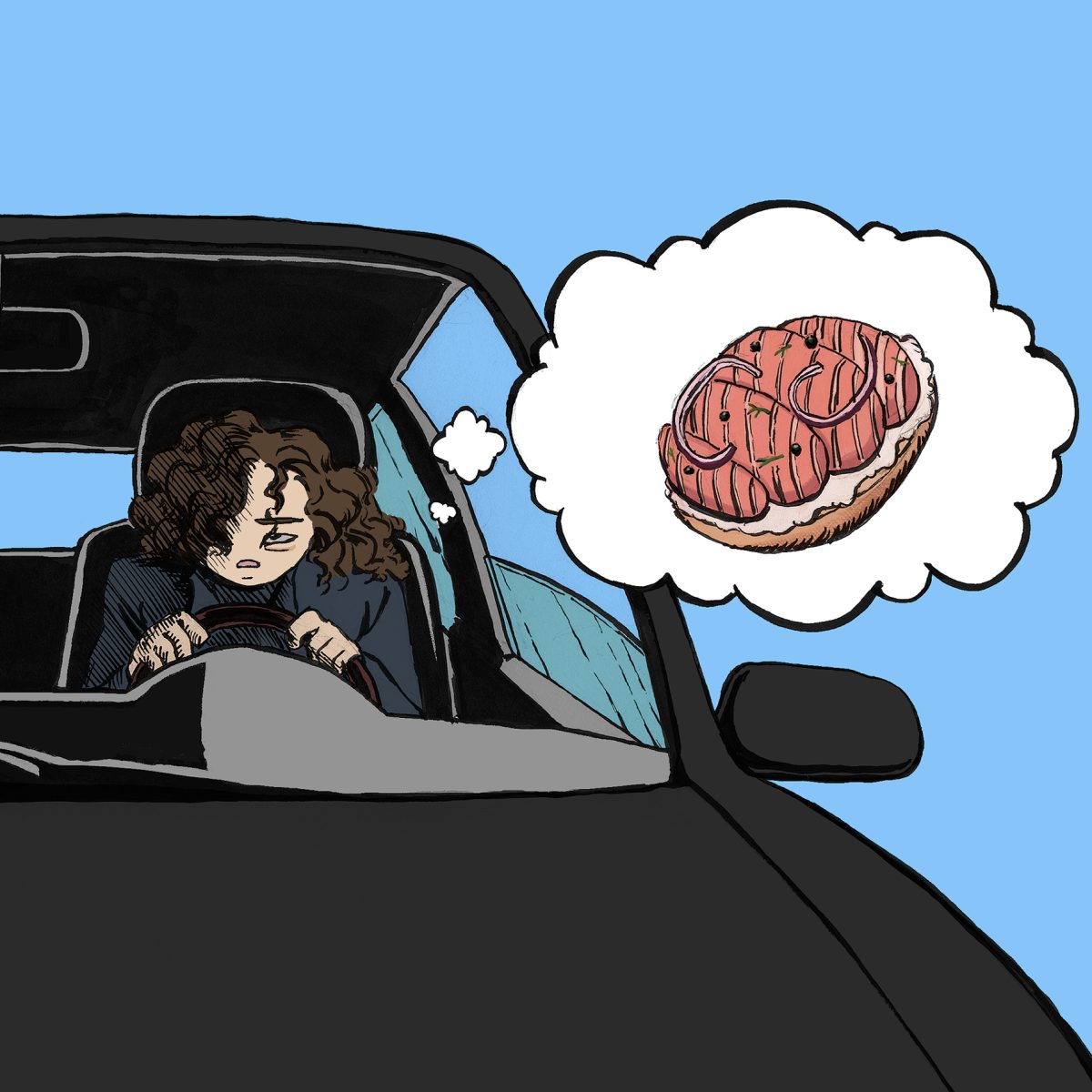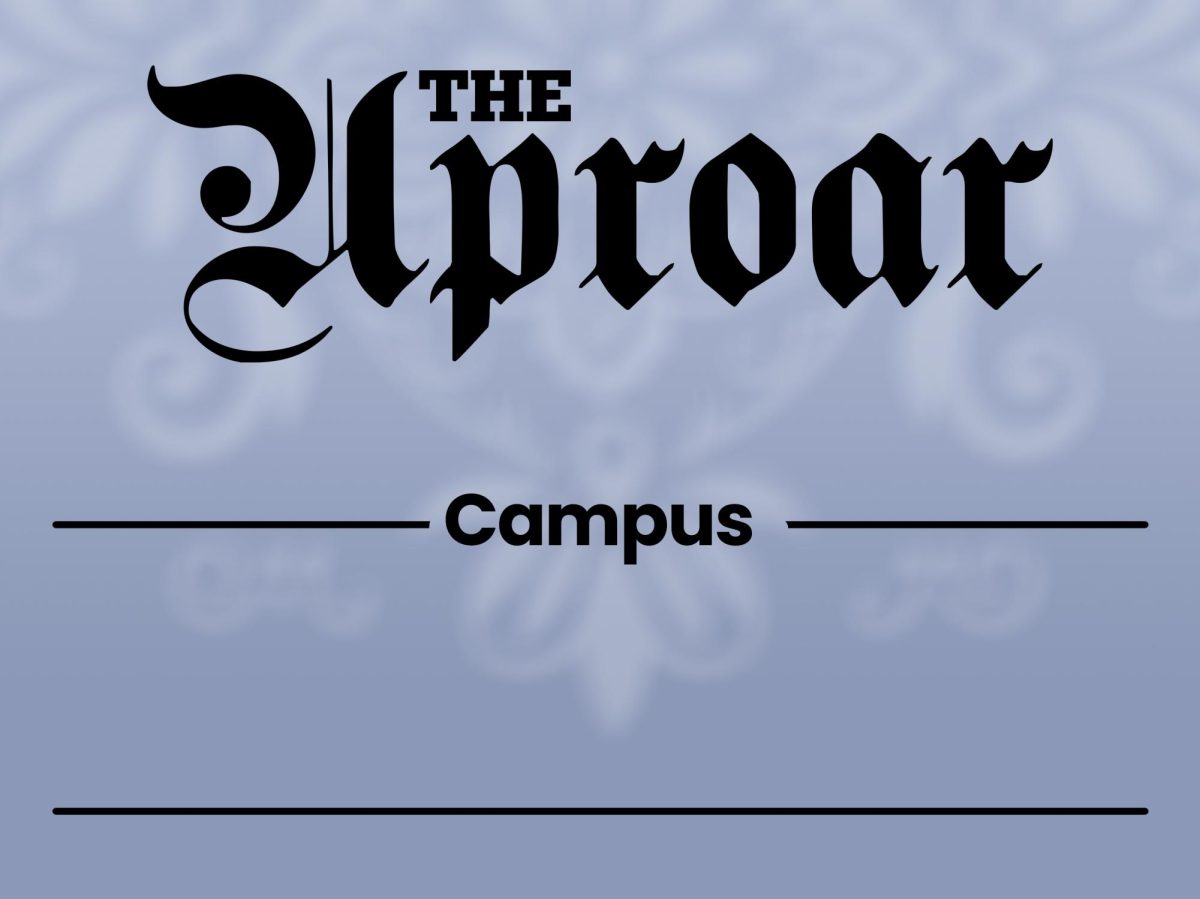Hello lovely readers! My name is Nadia Jacobs, and I’m the senior copy editor here at The Uproar. Since I’m currently studying abroad in Oxford, England, I thought it would be fun to share some (British) English words and cultural differences that you might not be familiar with.
WORDS
Hoover/hoovering instead of vacuum/vacuuming. “Hoover” is the vacuum brand that used to be the most popular in the UK — like how we say “Band-aids,” “Tylenol” or “Q-tips” in the US, none of which are terms here. Plenty of people use other brands of “hoovers” now, but no one here will call it a “vacuum.”
Diary instead of planner. The place where you write your schedule.
Rocket instead of arugula. Rocket is much more common here than in the U.S. — it’s served on sandwiches, in salads and in just about any dish you can think of.
Queue instead of line. To get on the bus, check out at the grocery store or get into a crowded place, you stand in the queue.
SAYINGS
Query. “I have a query” or “Any queries?” is more common than “question.”
Do you take milk in your tea? There are some cases where the word “take” is used instead of the verb “drink.” This is one common example.
What are you reading? Unless you have a book in your hand, if you’re a student, this question means “What subject are you studying?”
Cheers! The meaning of this term is somewhere between a thank-you and a goodbye. You might say this to the bus driver when leaving the bus or to the cashier on your way out of the store. While commonly used with strangers in passing, some people might use it for a casual goodbye to friends when splitting ways.
CULTURE
Queueing up. Cutting the queue is never permissible, and the English will queue up for anything at any time. For example, even if the next bus doesn’t arrive for twenty minutes, there will be a single-file queue of 15-30 people waiting at the stop.
Tea. Most social gatherings with a budget involve tea. You might have tea at a school dinner, a university event, a research panel or a church meeting. If you’re visiting the home of someone English, it’s likely that he or she will offer you some tea.
Energy Drinks. Most grocery stores in the UK will not sell energy drinks to customers under 16; workers will check your ID when you’re buying, and if you can’t show valid identification, the sale will not be permitted.
Carding. The drinking age in the UK is 18. Unlike the US’s “under 40” ID-checking policy, workers in the UK are meant to card anyone who appears under 25. It’s common for cashiers to check all IDs in a group, even if only one person is buying. If you want to tag along with your mate while he gets a beer, you’d better bring appropriate identification with you — it’s likely that the sale will be canceled if any one person in the group can’t prove his or her age.
There’s so much more I could talk about — so stop by next month to see what’s new! And if you have any questions about English culture that you want answered, drop them in this form and I’ll do my best to include the information in the next issue: https://forms.gle/rQ5bDD7EivSJLdMm7










